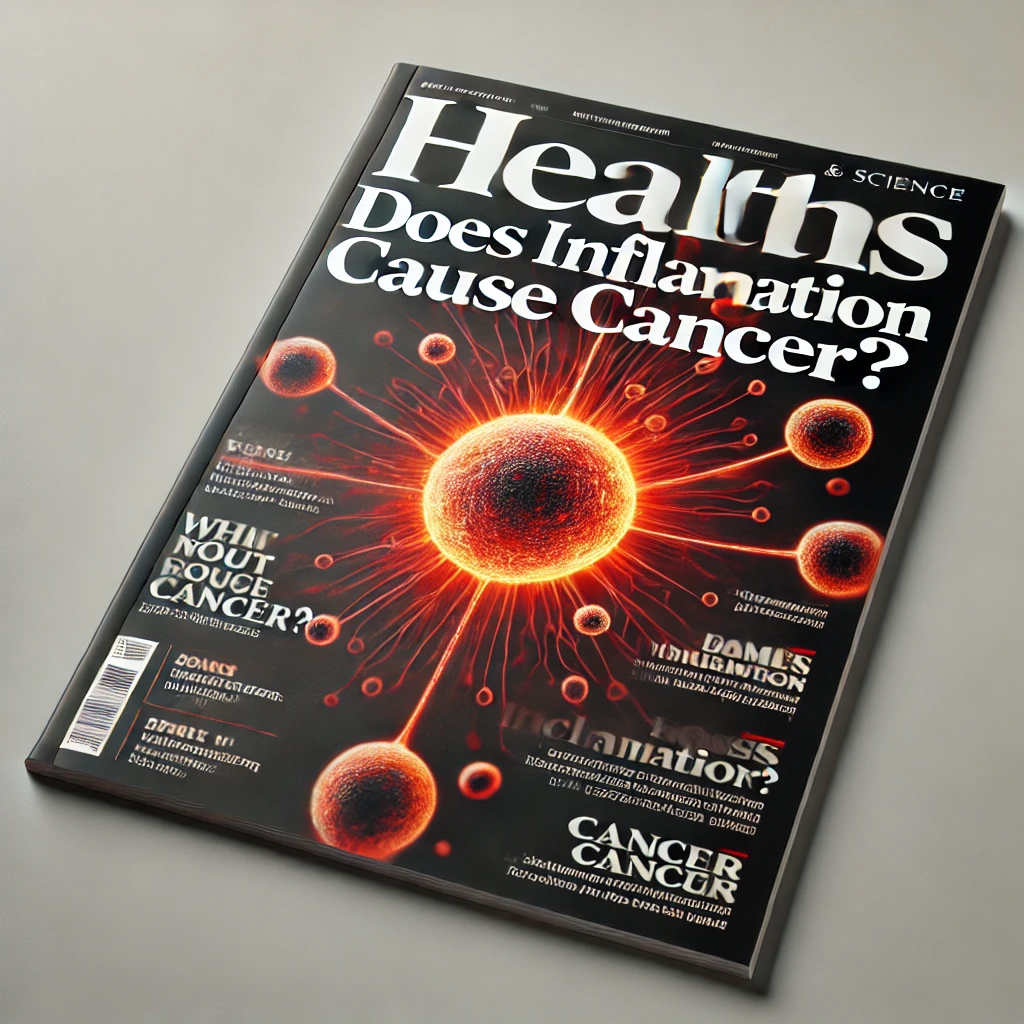How Inflammation Can Lead to Cancers

When most people think of cancer, they think of genetics, smoking, or environmental exposures. While these are important risk factors, one often-overlooked contributor is chronic inflammation. At Sheen Vein (Aesthetics and Functional Medicine) in St. Louis, I often explain to patients that inflammation is like a double-edged sword: it’s vital for healing, but when it lingers, it can create an environment where cancer cells thrive.
The Role of Inflammation in the Body
Inflammation is your immune system’s natural defense mechanism. When you cut your skin or fight an infection, immune cells release chemical signals that trigger redness, swelling, and heat—hallmarks of inflammation. This acute inflammation is short-lived and essential for healing.
The problem comes when inflammation doesn’t turn off. Chronic inflammation—often caused by poor diet, infections, toxins, obesity, or autoimmune conditions—creates a constant state of immune activation. Over time, this ongoing “fire” damages tissues, alters cellular behavior, and sets the stage for cancer.
How Inflammation Promotes Cancer
Research shows that chronic inflammation contributes to every stage of cancer development:
1. DNA Damage
Inflammation releases reactive oxygen species (ROS) and free radicals. These unstable molecules can damage DNA, causing mutations. If the body cannot repair the mutations properly, abnormal cells may begin to grow.
2. Suppressing the Immune System
Ironically, while inflammation is supposed to protect you, chronic inflammation can suppress parts of the immune system. This makes it harder for your body to identify and destroy abnormal or precancerous cells.
3. Fueling Tumor Growth
Inflammation produces growth factors and blood vessel–stimulating chemicals (like VEGF). These substances not only repair wounds but also help tumors grow by supplying them with oxygen and nutrients.
4. Creating a Tumor-Friendly Environment
Cytokines and inflammatory mediators can change the surrounding tissue environment (the “tumor microenvironment”). This makes it easier for cancer cells to invade, spread, and avoid immune detection.
Cancers Linked to Chronic Inflammation
While inflammation plays a role in many cancers, certain types are strongly linked to long-standing inflammatory conditions:
- Liver cancer: Often develops from chronic hepatitis or fatty liver disease.
- Colon cancer: Associated with inflammatory bowel disease (IBD), including Crohn’s disease and ulcerative colitis.
- Stomach cancer: Can be driven by chronic infection with H. pylori.
- Esophageal cancer: Linked to chronic acid reflux and esophagitis.
- Lung cancer: Inflammation from smoking or chronic lung disease can increase risk.
- Skin cancers: Chronic inflammation from repeated injury or infection can play a role.
Everyday Triggers of Chronic Inflammation
It’s not only infections or autoimmune conditions that fuel inflammation. Lifestyle factors can also contribute, including:
- Diets high in processed foods, sugar, and refined oils
- Obesity and visceral fat (which actively releases inflammatory chemicals)
- Sedentary lifestyle
- Poor sleep quality
- Chronic stress
- Environmental toxins (pollution, smoking, heavy metals)
Over time, these factors quietly drive inflammation and may increase cancer risk.
Functional Medicine Approaches to Reduce Cancer Risk
The encouraging news is that inflammation can be measured, managed, and reduced. At Sheen Vein (Aesthetics and Functional Medicine), our root-cause approach focuses on calming inflammation and restoring balance in the body. Strategies often include:
- Anti-inflammatory nutrition: Emphasizing vegetables, fruits, omega-3 fatty acids, lean proteins, and spices like turmeric and ginger.
- Gut health restoration: A healthy microbiome helps regulate inflammation and supports immune surveillance against abnormal cells.
- Weight management: Reducing visceral fat decreases pro-inflammatory signaling.
- Targeted supplements: Vitamin D, omega-3s, curcumin, and resveratrol may support anti-inflammatory pathways.
- Advanced therapies: Red light therapy, peptides, and regenerative protocols can help regulate cellular stress and reduce inflammation.
- Lifestyle medicine: Stress management, exercise, and consistent restorative sleep are critical pillars.
The Bottom Line
Inflammation is necessary for healing, but when it becomes chronic, it can create the perfect environment for cancer to form and progress. By damaging DNA, weakening immune defenses, and fueling abnormal growth, inflammation plays a central role in cancer risk.
The good news is that inflammation is modifiable. Through lifestyle changes, nutritional support, and functional medicine approaches, it’s possible to calm inflammation and support the body’s natural defenses against cancer.
If you’re looking to take a proactive approach to your health, our team at Sheen Vein (Aesthetics and Functional Medicine) in St. Louis can help you uncover sources of inflammation and design a personalized plan to protect your long-term wellness.
Learn more about our functional medicine services or schedule your consultation today.